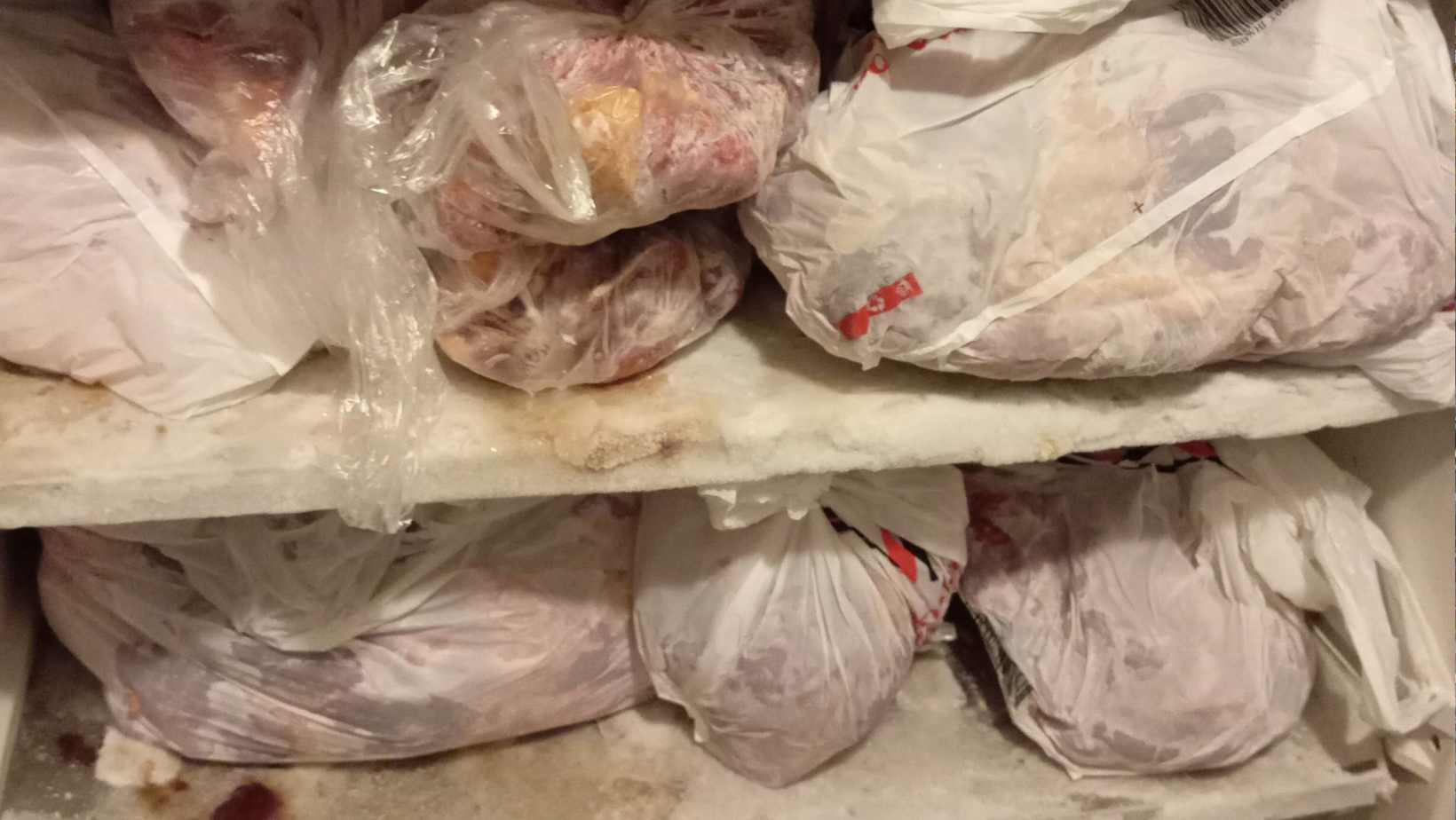Whilst the idea of fake news has only recently become a disturbing phenomenon, winning the award of ‘Word of the Year’ in 2017 thanks to the conspiracy-ridden Presidency of Donald Trump, the idea of false advertising and national deceit has existed for centuries.
The young Czech filmmakers Filip Remunda and Vít Klusák realised this truth, soon to be popularised, back in 2004, releasing their quietly hilarious stab at corporate fakery with Czech Dream.
Created as an elaborate graduation project whilst they were at university, the grand concept of Remunda and Klusák’s surreal documentary was to plan, advertise and create the facade for a brand new supermarket in the Czech countryside.
They did it to see how many people would flock to the ‘spectacular’ opening day. Sounding like an intricate YouTube prank, the work of the young Czech filmmakers was as boisterous as the modern-day online philanthropist MrBeast but was grounded in a large dose of clever satire.
Devising the name Český sen (Czech dream) for their new hypermarket, the filmmakers create a grand advertising campaign for the fake store, using provocative messages like ‘don’t come’ and ‘don’t spend’, which appeared in newspapers and on vast billboards.
Donning fitted suits, the two filmmakers become the ‘businessmen’ behind the new supermarket, taking their prank very seriously as they create a jingle for several TV adverts and even get the opinion of a focus group.
Just like every great childish prank, it is the payoff that remains the most memorable part of Czech Dream, with the film’s final sequence being an uncomfortable unravelling of the inevitable, with Remunda and Klusák capturing the drama to hilarious effect. Though as the film’s epilogue explores, the context of their prank remains the most pertinent message, highlighting several real-life issues like the Jester of the King’s court.
As well as a satisfying dissection of consumerist culture, the filmmakers present the film as a protest against the Czech Republic’s bid to be part of the European Union, suggesting that the political mission is nothing more than an advertising ploy, similar to the ethereal promises of supermarket advertising.
True, their trick is somewhat mean-spirited, encouraging hundreds of Czech residents to flock to a fake supermarket only to mock their arrival. However, the results are undoubtedly fascinating, with the aftermath driving a national conversation.
Rudimental and fascinating, Czech Dream explores the intricacies of how individuals can be roped into corporate lies with the promise of low prices and the ethereal guarantee of access to a higher level of self-worth.
-
NEWSLETTER
Subscribe for our daily news










